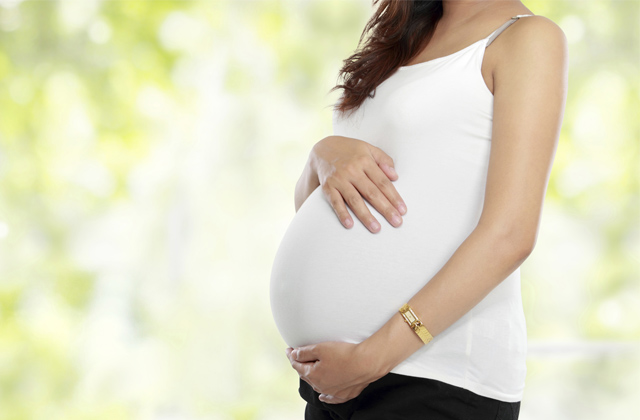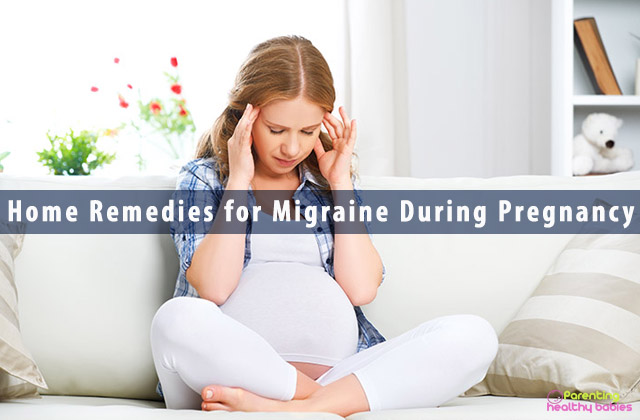Soon after your baby is born, all you can think of is her or him. You soon begin to nurse, soothe, bathe and care for your tiny one. Amidst all the joy that comes with being a new parent, several moms tend to neglect their own health which can lead to serious complications. Remember, your body is still fragile and yet to heal from child birth and ignoring any signs of distress can mean trouble. Watch out for these 11 health complications that can develop post-delivery and reach out to your doctor if you experience any changes that are out of normal.
Read More: 11 Must Have Things in Your Hospital Bag during Delivery
11 Health Complications to be Prepared for Post Delivery
Most of the women recover from the post-delivery fatigue within a few weeks or so. The body undergoes a number of changes in the days of pregnancy. You may need a substantial amount of time to deal with these issues. However, you may find certain problems cropping up within a month of your delivery. You should provide necessary medical attention to these symptoms before they aggravate. Here, we list up eleven health complications that you should be prepared to face during the post-delivery period.
Read More: Can Sleep Disorder Lead to Preterm Delivery?
Cesarean wound infection
For mothers who undergo a cesarean delivery, the incision of the C-section may lead to infection. Normally, doctors slit open the lower abdominal area horizontally. This area is prone to infection right after the delivery or in the consecutive weeks. You must be careful and take necessary medical care if you catch this infection.
Deep vein thrombophlebitis (DVT)
Women who undergo a cesarean delivery often suffer from blood clots. Thrombosis refers to a situation where blood transforms to a solid state from liquid state and clots in the veins. As the blood flow becomes blocked in the artery, it may create complications in different organs and sometimes, death. This clotting is known as Deep vein thrombophlebitis (DVT).
Endometritis
Endometritis refers to an infection in the womb, where you might suffer from certain irritations. The inner face of the uterus becomes inflamed. Even in some cases, pelvic infections and endometritis may occur simultaneously.
Mastitis
Mastitis is an infection in the breast that occurs after the delivery of the child. For breastfeeding women, it causes problems. The sore and cracked nature of the nipples result in discomfiture. The fatty tissues in the breasts are prone to infection and it results in pain, lumps and swellings.
Postpartum bleeding
Postpartum bleeding, also known as postpartum haemorrhage, results in heavy vaginal bleeding. It calls for immediate medical attention to prevent excessive blood loss. This may be accompanied by chills and blurred visions. In case you had suffered from postpartum haemorrhage in the past, it is more likely to occur again.
Postpartum depression (PPD)
A depressive feeling takes over most of the women after the delivery of the child. This is known as Postpartum depression (PPD). At times, it lasts for a long phase. It may prevent you from taking the necessary care of your child. Counselling and talking to your doctor may help you when you have this syndrome.
Swelling
The swelling of your feet and ankles may have started even before the delivery. It continues through the process and even after the childbirth. The legs swell too, and it happens as the blood from uterus flows out into these areas.
Stretch marks
During your post-delivery days, you may notice certain stretch marks in your legs, belly and thighs. These look like scars and may last forever. However, in certain cases, they completely go away or fade off to a large extent.
Urinating
It may be problematic for you to control your urine. In the pre-delivery days, the pelvic muscles undergo a lot of rupture. The pressure weakens them and you find it difficult to control your urine. It results in embarrassing situations at times. However, the issue subsides with time. You need to remain indoors most of the time.
Blood discharge with urine
In some women, the urine comes along with mucus and blood. You may require heavy pads under these situations. The waste materials in the uterine cavity keep flowing if they are not cleaned during delivery. It may continue for six weeks after the birth of your child.
Read More: 11 Foods That Would Ensure Normal Delivery
Constipation
Constipation is a problem both during the pre-delivery and post-delivery days. The gastrointestinal system functions slowly due to increased hormonal activities during pregnancy. Haemorrhoids, too, result in the reluctance to clear the bowel as it hurts. These add up to severe constipation problems during the few months after delivery. Physicians recommend mothers to consume more fibrous food to stimulate bowel movements.
Be prepared to face some or all of these problems after your delivery. In case this is your first delivery, you need to focus on your health and keep touch with your doctors to ease up the problems. Most of these symptoms subside within a few months.
Resources
http://www.healthline.com/health/breast-infection













